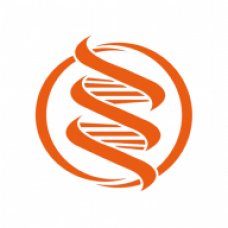RTS 100 E. coli Disulfide Kit
- Biotechrabbit
- BR1400401
- Na skladě
- 21 450,00Kč
-
21 038,00Kč
Dopravné a balné
Transportní
podmínky
cena se připočítává k položkám v objednávce
mražené na suchém ledu (dry ice) -70 °C 890 Kč bez DPH na zásilky v celkové ceně do 45 000 Kč bez DPH, nad tuto hodnotu je dopravné a balné zdarma
Features
- Express disulfide-bonded proteins in functional form due to the optimized lysate and reaction conditions
- No refolding of aggregated proteins required
- Express up to 80 μg protein per reaction, due to CECF technology
Applications
- Microgram-scale protein expression of functional disulfide-bonded proteins
Catalog #
Size
Package Content
BR1400401
24 rxn of 50 µl
Reagents for coupled transcription/translation reactions
The RTS 100 E. coli Disulfide Kit provides an optimized combination of lysate, reagents, chaperones, and buffer systems to produce maximum yields of active multiple-disulfide-bonded protein in a CECF (continuous-exchange, cell-free) system.
The kit employs several innovative technologies:- Coupled transcription/translation system; no mRNA isolation necessary
- Optimized high-yield (HY) E. coli lysate
- Redox buffer to maintain the system under oxidizing conditions, which enhances disulfide-bond formation
- Disulfideisomerase for rearrangement of disulfide bonds, which enhances yields of correctly folded proteins
- Increased amounts of GroE chaperones, which produce higher yields of soluble, properly folded proteins
It utilizes CECF-technology, which prolongs the reaction time for at least 24 hours and therefore enhances the yield of produced proteins. Transcription, translation, and disulfide-bond formation take place in the 50µl reaction compartment of the reaction device. Substrates and energy components needed for a sustained reaction are continuously supplied via a semipermeable membrane. At the same time, potentially inhibitory reaction by-products are diluted via diffusion through the same membrane into the 1 ml feeding chamber. Depending on the particular protein, expression of up to 50 µg protein per 50 µl reaction can be obtained.

